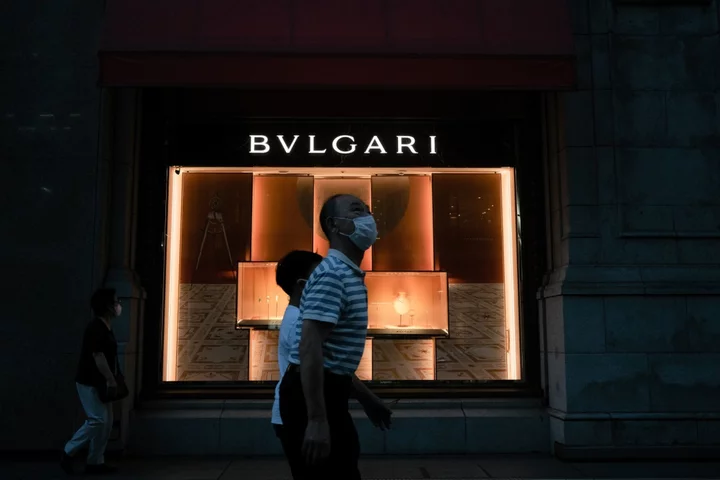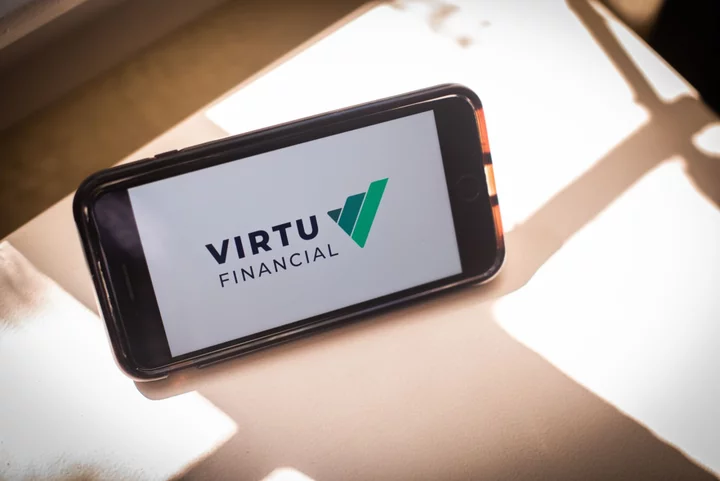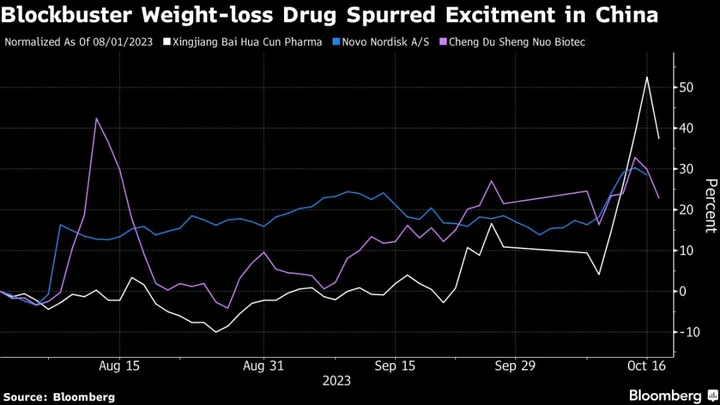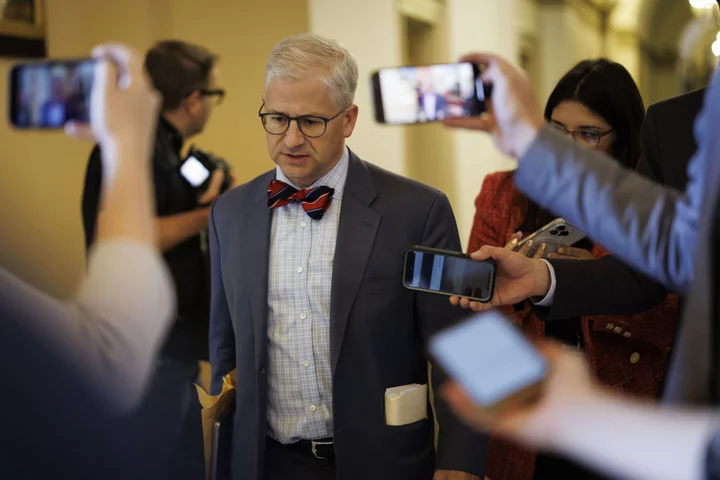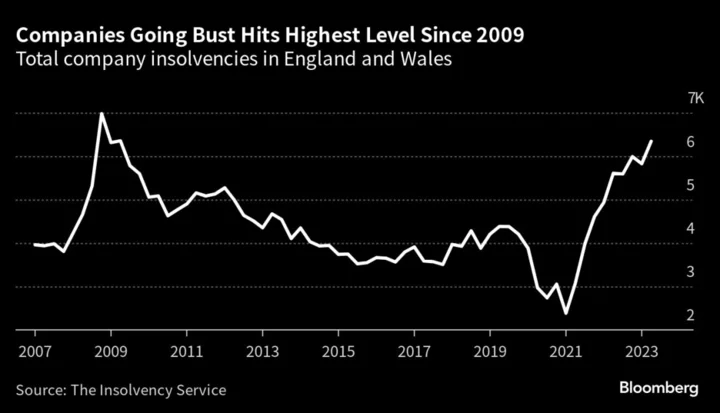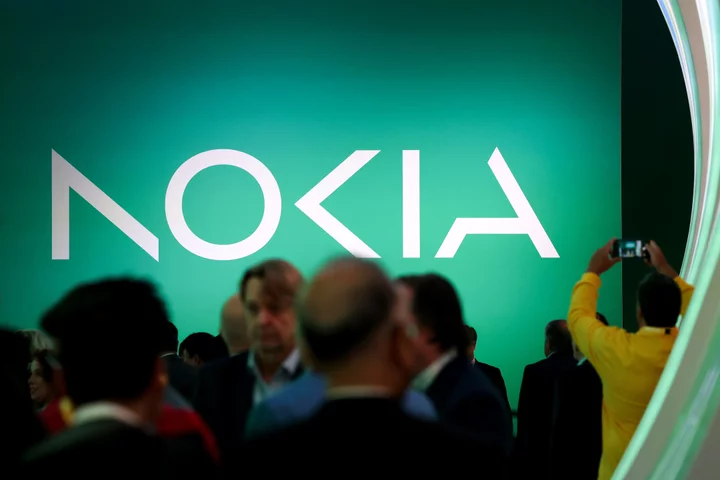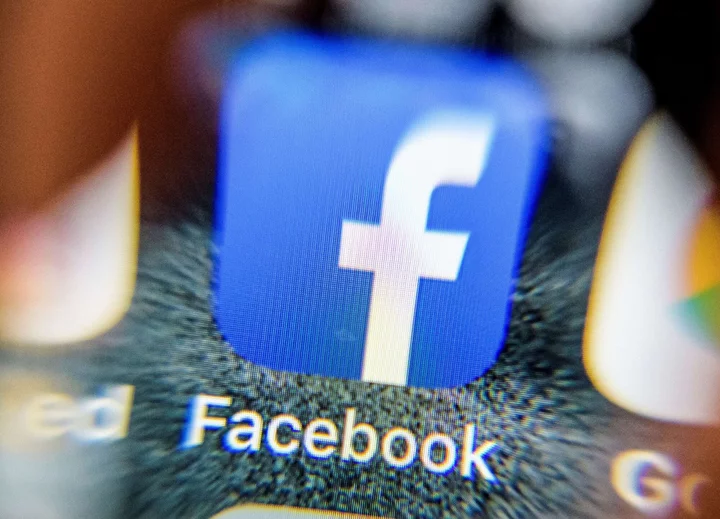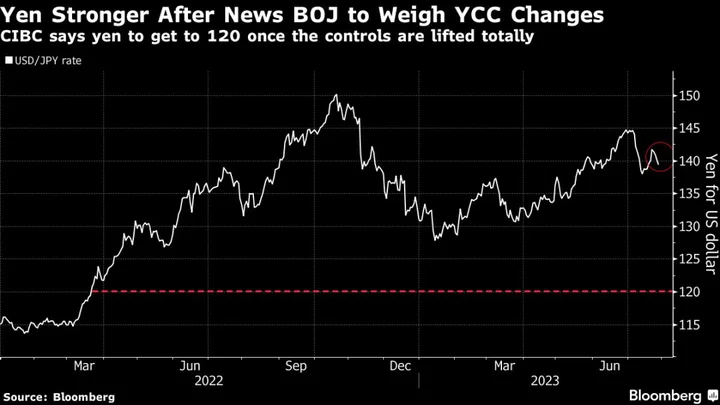Bulgari became the latest foreign brand to face backlash in China, as state and social media alleged that the luxury jeweler had treated Taiwan as a country on an official website.
The brand, sometimes referred to as Bvlgari and owned by LVMH Moet Hennessy Louis Vuitton SE, apologized after a post on the official Weibo account of the state-backed China News Service that it hadn’t added the word “China” before “Taiwan” when describing the island in the store location section on an official website. China considers democratic Taiwan part of its territory, and the island has been a key source of tension as relations have worsened between Beijing and western countries including the US.
China News Service’s Weibo post said Hong Kong and Macau — which are recognized as Chinese special administrative regions — were referred to on the same Bulgari site as “China Hong Kong” and “China Macau.”
Bulgari said in a Chinese-language statement posted to its Weibo account Tuesday evening that it respected “China’s sovereignty and territorial integrity, as always, and firmly.”
“The brand’s overseas website had mismarks in the store locations due to management negligence,” it said. “We sincerely apologized and immediately corrected the mistake.”
Earlier: China Luxury Boom Returns But LVMH, Hermes Stand Out From Crowd
Anger swirled in the mainland despite the apology. Communist Party mouthpiece the People’s Daily questioned its sincerity, and more than 70,000 social media users agreed with publication’s narrative in an online poll.
Bulgari’s apology highlights the dilemma facing foreign brands for which China is an increasingly important market. China’s spendthrift consumers have become a growth driver for global brands, but increasing patriotism among mainland shoppers is also at an all-time high given Beijing’s political tensions with some foreign governments over everything from trade to Covid.
Read more: Nationalism in China Has Dethroned Nike and Adidas
Several global luxury and fashion brands have come under fire in China in recent years by angering the mainland’s increasingly nationalist customers. In 2019, Christian Dior SE, Coach, Givenchy and Versace were criticized for identifying Hong Kong or Taiwan as separate countries from China.
In 2021, Nike Inc. and Hennes & Mauritz AB saw their shares drop and brand ambassadors cut ties amid worries about human rights in Xinjiang. Hennes & Mauritz was blasted by the Communist Youth League and the People’s Liberation Army after social-media users dug out an undated company statement about accusations of forced labor in the region. Calls to boycott the Swedish retailer spread to include Nike, which had previously said it won’t source products from Xinjiang over labor concerns.
Citizens are becoming more vocal these days on social media in support of China’s sovereignty over what it considers its territory.
“Is the apology only able to be seen in China?” one web user asked about Bulgari. “Don’t just issue the letter on Weibo, issue one outside of China!”

